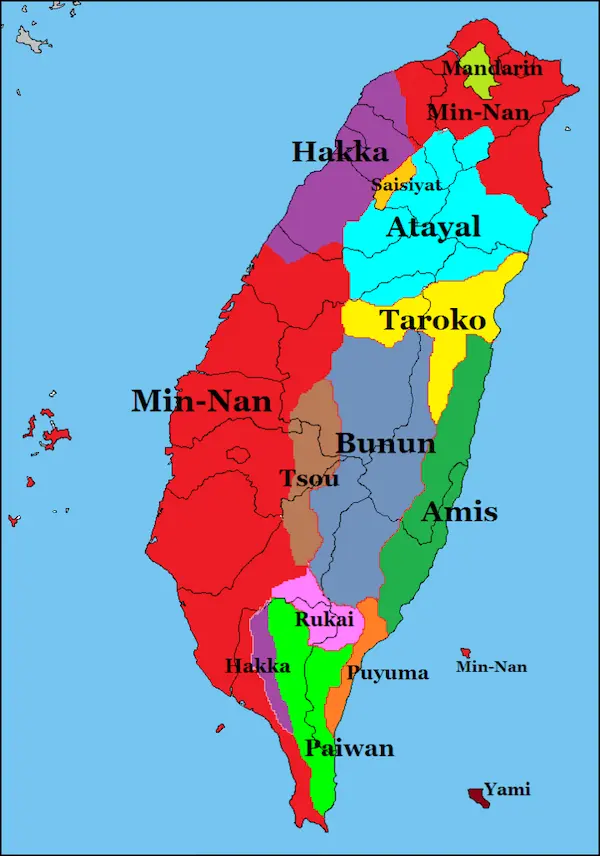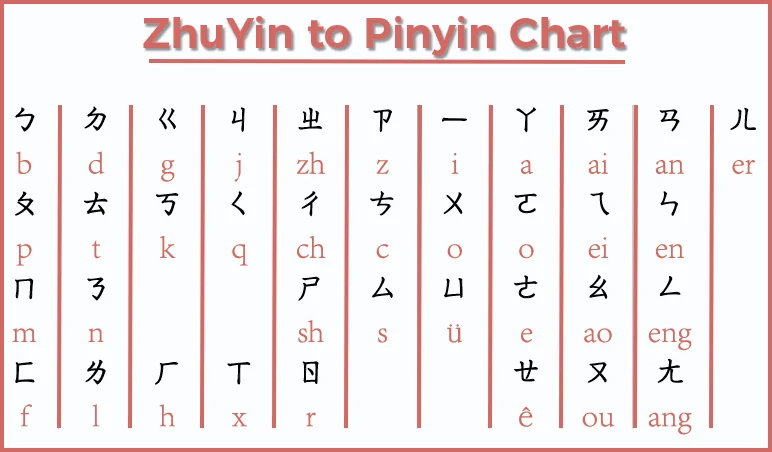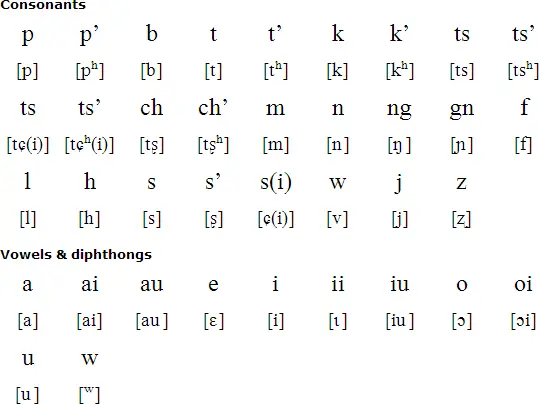The languages of Taiwan is an exciting topic. Do you think Chinese and Taiwanese languages are the same? Taiwan and China have some things in common. While economically, China is far ahead of Taiwan, but in terms of social progress, Taiwan has proved to be the better of the two.
Legislators in Taiwan are preparing to define what constitutes a national language. The target is to promote their local dialect over the Mandarin language. This is unthinkable in China, where Mandarin is the sole official language. (Read also: Languages spoken in China)
The Rise Of Taiwanese
Today, when it comes to Taiwan’s languages, Taiwanese is growing in leaps and bounds among the spoken languages of Taiwan. Over 80% of politicians speak the language at home. Politicians campaign in this dialect to win the people to their side during electioneering campaigns.
Though this dialect is not conferred with Taiwan’s official language status, the promotion of Taiwanese over Mandarin is very aggressive.

Religions
The aboriginal peoples practice animism, nature worship, and other indigenous religious rites. The Chinese brought Buddhism, Daoism (Taoism), and Confucianism to Taiwan. The Dutch introduced Protestant Christianity and the Spanish Roman Catholicism.
The Overview of The National Languages of Taiwan
The table below shows the overview of the national languages that are permitted in present-day Taiwan.
| Language | Percentage of home use | Recognised variants | National language | Statutory language for public transport | Regulated by |
| Mandarin | 83.5% | 1 | By legal definition | Required nationwide | Ministry of Education |
| Taiwanese Hokkien | 81.9% | 1~6 | By legal definition | Required nationwide | Ministry of Education |
| Hakka | 6.6% | 6 | By designation | Required nationwide | Hakka Affairs Council |
| Formosan languages | 1.4% | 16 (42) | By designation | Discretionary | Council of Indigenous Peoples |
| Matsu | <1% | 1 | By legal definition | Required in Matsu Islands | Department of Education, Lienchiang County Government |
Indigenous Languages of Taiwan
There are also some indigenous languages in Taiwan. We have the Taiwanese aborigines, which comprise about 2.3% of the country’s population. This dialect is under serious threat as the speakers are declining with each passing hour of the day.
There are 26 languages of the Taiwanese aborigines; 10 of them have gone into extinction, while five are almost moribund. Several of the other dialects are seriously endangered. The government currently recognizes 16 languages and 42 accents.
Other Spoken Languages of Taiwan
Taiwanese Mandarin Language
This is the most commonly used language in Taiwan, and it is referred to as the national language. At the end of world war 11; this dialect was made compulsory in all schools. Prior that that period, Japanese was the official language, and it was taught in schools.
Mandarin has since become the dominant language among the various groups in Taiwan. The younger generation of Taiwanese speaks this dialect better than other local dialects.
In Taiwan, Zhuyin (or bopomofo) is used to teach Mandarin to Taiwanese children and foreigners who come to Taiwan to learn Mandarin. On the contrary, Pinyin is used in China to teach Mandarin. If you are not aware, Mandarin does not have alphabets. So, Pinyin and Zhuyin act as Chinese alphabets to teach Mandarin pronunciation.

Taiwanese Hokkien Dialect
This is, without a doubt, the most spoken native language that you will find in Taiwan. This dialect is spoken by 70% of the country’s population. This dialect has its roots in the southern Fujian province. The ancient differences among the dialects are small, but they do exist.
Taiwanese Hakka Dialect
When you get to Taiwan, you are going to come across people that are of Hakka descent. They are the speakers of the Hakka language. They are concentrated in several places in Taiwan. The majority of the speakers are concentrated in Taoyuan, Hsinchu, and Miaoli.
This language is currently maintained by the Hakka Affairs Council which runs the language on Hakka TV and Radio. The government recognizes five Hakka dialects.

Matsu dialect
There is also the Matsu dialect that can be found in Matsu Islands. There are variants of Fuzhou dialect, Eastern Min.
Sign Language
For those with a speech or hearing disability, you will get the enabling environment to communicate in Taiwan through the sign language on offer. Taiwan has a national sign language known as the Taiwanese Sign Language, developed from Japanese Sign Language during Japanese colonial rule.
Other Languages of Taiwan
Japanese
This language’s prominence is from the colonial era when Japanese was taught as a compulsory language among the people. This language is now restricted to the elderly in the society who passed through the age when the language was enforced in schools. (Read also: Languages of Japan)
South-East Asian languages
There are immigrants from South-East Asia and they have imported their language to Taiwan. The following are the stats:
- Indonesian: Indonesian is the most popular spoken language among the approximately 140,000 Indonesians in Taiwan. (Read also: Languages of Indonesia)
- Javanese: Javanese is spoken by Javanese people who are from Indonesia now residents of Taiwan.
- Tagalog: Tagalog is spoken by Filipinos who are immigrants in Taiwan. They are approximately 108,520 Filipinos in Taiwan.
- Vietnamese: They are somewhere around 200,000 Vietnamese in Taiwan; they speak Vietnamese. Attempts have been on since 2011 to teach Vietnamese in schools as a heritage language to children of Vietnamese immigrants.
European Languages
During Dutch (Read also: Languages of Netherlands) colonial rule in Taiwan, the language was taught in the schools in Taiwan. You will still see ripples of the language in Taiwan today though the influence is waning gradually. There are also relics of the Spanish language in Taiwan.
Sino-Tibetan languages
Immigrants from Guangdong, Guangxi, Hong Kong, and Macau SPEAK THE Cantonese dialect in Taiwan.
English
With major technology companies having their bases in Taiwan, English has become common foreign language whose use is gaining prominence in Taiwan. Thanks to globalisation and its impact on languages, the universal appeal of English is excellent; this informs the use of the language by some large private schools that provide English instructions in the language. That’s the end of the languages of Taiwan! zaijian!
Read also 10 Reasons to Learn a Foreign Language.

